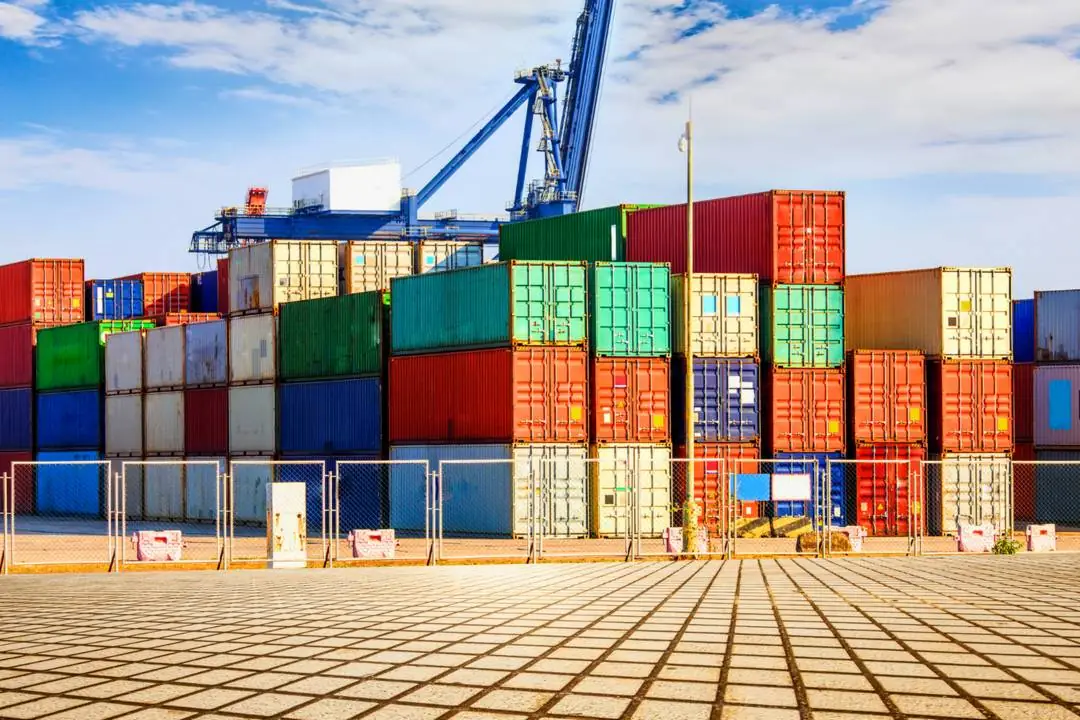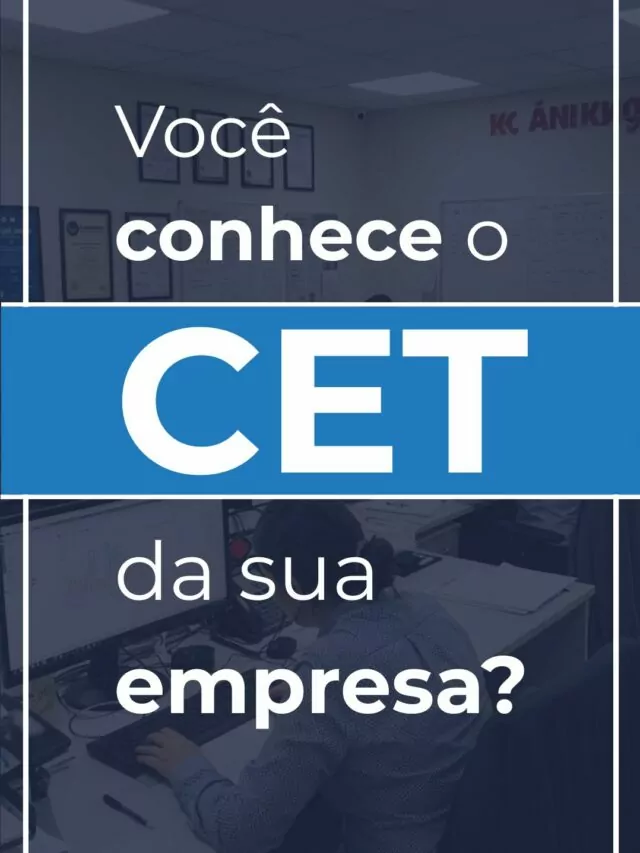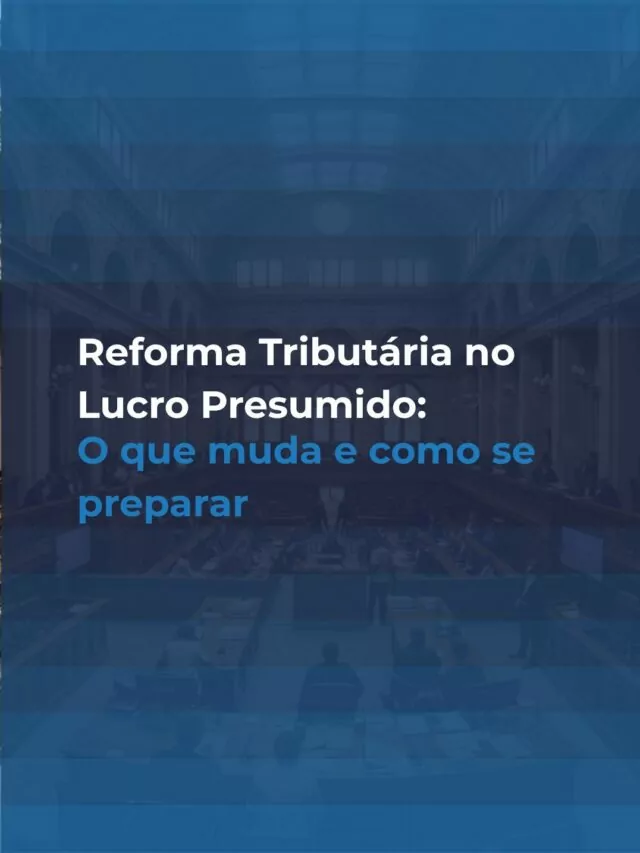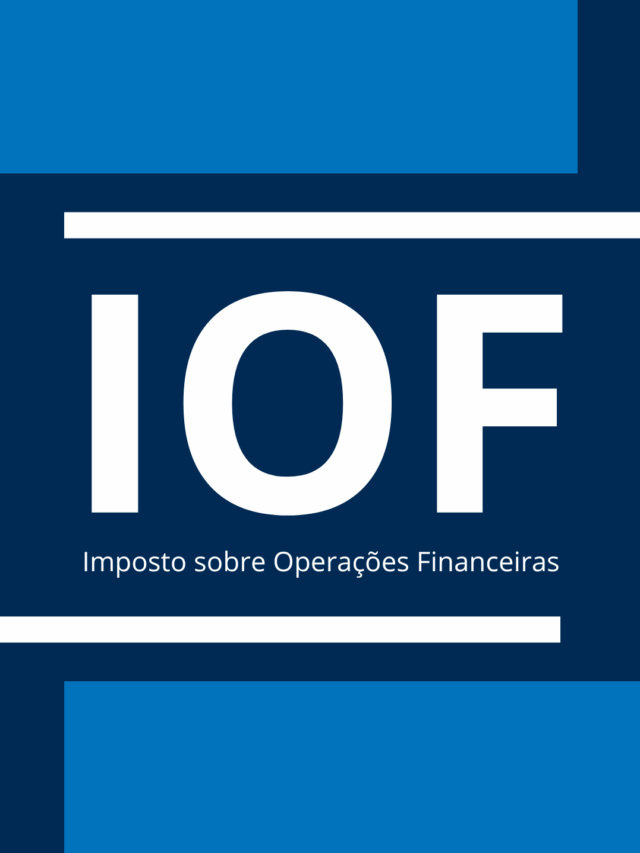Understand how RECOF and temporary admission work, avoid tax risks and count on CLM's support to maintain accounting compliance.
Tax management in foreign trade requires refined technical knowledge, especially when it comes to special customs regimes such as RECOF and temporary admission. Although they represent important opportunities for tax and logistics efficiency, these regulations also carry significant risks when poorly managed.
We have prepared this content to explain how RECOF works, the fundamental accounting precautions and how CLM can help your company avoid tax liabilities and remain compliant. Join us!
What is RECOF and what are its benefits?

RECOF is one of the main customs specials used by companies that export industrialized products.
It works as an instrument to allow these companies to import or purchase inputs, components and raw materials on the domestic market with suspension of tax collection - provided that these items are used in the manufacture of goods destined for export or the domestic market, according to the rules of the regime.
RECOF is based on specific legislation from the Federal Revenue Service and requires the company to maintain a computerized control system previously approved by the tax authorities.
The system must guarantee the complete traceability of goods from the moment they enter the country until they leave - whether by export, nationalization or destruction. Tax monitoring is carried out on the basis of these computerized controls and periodic reports.
Qualification of companies
To be eligible for RECOF, a company must meet criteria such as minimum economic size, tax compliance, compatible technological structure and the ability to meet the operational requirements of the RECOF program. regime.
Joining RECOF represents a significant change in the way inventories, production and taxation are managed, requiring alignment between the accounting, tax, foreign trade and information technology areas.
The Special Customs Regime for Industrial Warehouses under Computerized Control (RECOF) allows companies to import or acquire inputs on the domestic market with suspension of federal taxes for use in the industrial processes of goods that will be exported or destined for the domestic market.
It is therefore a strategic tool for exporting companies, especially in the industrial, aeronautics, automotive and electronics sectors.
RECOF's main benefits
Although it is not without risks, as we will see later in the text, it is important to understand the gains that this system offers:
- suspension of taxes such as II, IPI, PIS/PASEP, COFINS and AFRMM;
- larger logistical agility and customs;
- flexibility for partial nationalization of products;
- reduced financial costs with taxes;
- improving international competitiveness.
These incentives allow for a more strategic use of working capital and an improvement in the company's financial indicators. In order to take advantage of these benefits, it is essential to maintain strict accounting control and comply with the conditions established by the Internal Revenue Service.
How does the temporary admission regime work?

Temporary admission is a regime that allows the import of goods to remain in the country for a fixed period of time, with total or partial suspension of the taxes levied.
It can be used for events, fairs, tests, industrial processes or specific projects. It is widely used by companies carrying out projects with rented equipment, by exhibitors at international fairs, or by companies testing products in Portugal.
Types of temporary admission
Brazilian legislation provides for different modalities:
- with proportional payment of taxes (long-term use);
- with total suspension, when the goods return abroad within 1 year (extendable);
- with a specific exemption for cultural, scientific or sporting events.
The correct application of these modalities depends on specific documentation, monitoring of deadlines and compliance with legal conditions. Lack of control can lead to taxes being demanded in full, plus fines.
What are the risks of inadequate management of these schemes?
Despite the advantages, both systems require extra care. Lack of accounting and document control can lead to severe fines. It is common for the Internal Revenue Service to question the traceability of goods or the adequacy of documents to the tax benefit enjoyed.
These risks increase with the volume and complexity of operations, especially in companies with multiple branches, simultaneous operations and dependence on international suppliers. The lack of integration between the tax, accounting and logistics sectors is one of the main causes of errors that result in penalties.
In addition, many managers underestimate the technical details required by these special regimes, such as the correct completion of Siscomex, consistency between invoices and DU-E (Single Export Declaration), and strict compliance with legal deadlines.
What role does accounting compliance play in the success of special schemes?
Accounting compliance is the foundation that underpins the successful use of RECOF and temporary admission. It ensures that obligations are met and avoids misinterpretations by the tax authorities.
More than fulfilling obligations, accounting should serve as a source of fiscal intelligence. When well structured, it allows the company to take full advantage of the benefits of the special regimes, with legal certainty and operational efficiency.
Renato Doria - Director at CLM Controller, specialist in international relations.
This includes maintaining product traceability, ensuring the correct application of tax codes and guaranteeing the timeliness of mandatory declarations.
Companies that treat accounting only as a reactive function are more exposed to risks. Those that integrate their accounting management with their tax strategy, with specialized support, turn special regimes into competitive advantages.
CLM understands this dynamic and works to strengthen tax compliance based on consistent data, auditable processes and technological integration. In this way, its clients maintain tax security without sacrificing agility in international business.
How does CLM help companies manage RECOF and temporary admission?
CLM acts as strategic partner for companies operating in foreign trade and using RECOF or temporary admission. With experience in specialized tax accounting and customs regimes, it offers complete solutions to avoid tax liabilities and maintain compliance.
CLM's work begins with an in-depth diagnosis of the company's fiscal and operational situation, mapping processes, identifying weaknesses and proposing customized solutions.
This includes everything from structuring internal controls to monitoring compliance with accessory obligations and training internal teams.
CLM's differentials in supporting RECOF and temporary admission
CLM's work goes beyond accounting execution. Its team strategically guides each stage of the process:
- accounting team specialized in customs legislation;
- monitoring deadlines and legal due dates;
- document review and organization;
- preventive audits to identify non-conformities;
- support in communicating with the IRS;
- advising on the implementation of computerized control systems;
- drafting internal compliance policies for special regimes.
- support in communicating with the IRS.
CLM also works to identify opportunities for improving internal controls and structuring processes for greater traceability and efficiency. It also offers strategic management reports which help with decision-making and anticipating regulatory risks.
As you've seen in this article, compliance with RECOF and temporary admission requires extra attention to accounting controls, deadlines and documentation. With specialized support, it is possible to turn these regimes into levers of competitiveness and tax savings.
Count on CLM Controller to structure your operation safely, avoid risks and optimize the benefits of special regimes. Talk to our experts: click on the WhatsApp button below!









